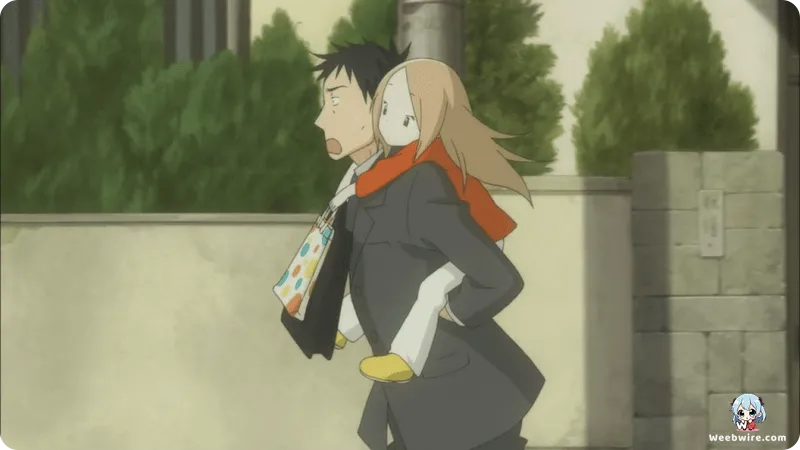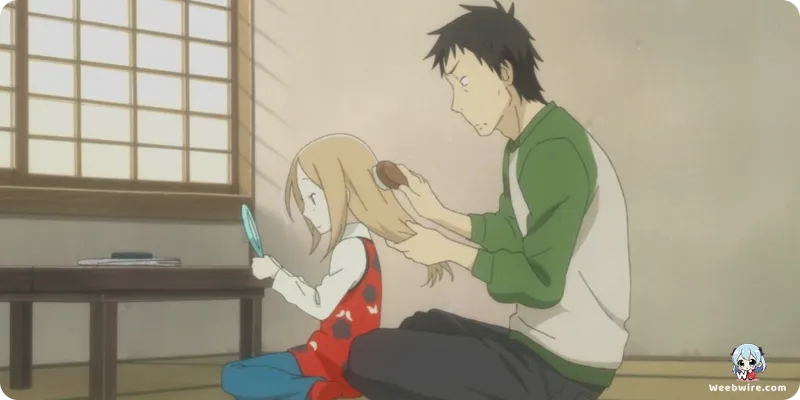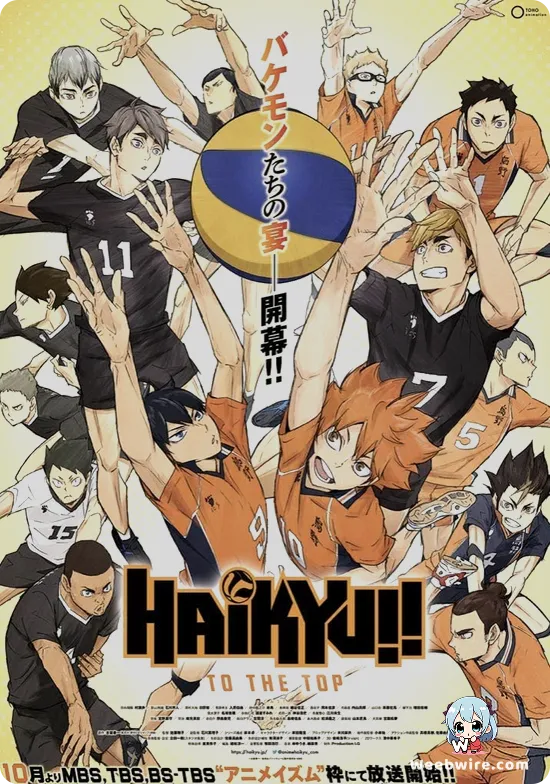The Strategic Silence: How 'Bunny Drop' Anime's Controversial Omission Forged Its Enduring Legacy

In the vast and varied landscape of anime, the choices made during adaptation can profoundly shape a series' legacy. Few examples illustrate this as powerfully as Production I.G's acclaimed 2011 slice-of-life anime, Bunny Drop (Usagi Drop). While celebrated globally for its tender and realistic portrayal of an unconventional family, a pivotal, yet often overlooked, aspect of its success lies in its deliberate decision to adapt only the initial segments of its source manga. This strategic move cemented its heartwarming appeal and spared it from significant controversy.
The 11-episode anime masterfully unfolds the narrative of Daikichi Kawachi, a 30-year-old bachelor whose life takes an unexpected turn when he assumes guardianship of Rin Kaga, the six-year-old illegitimate daughter of his recently deceased grandfather. From its opening moments, Bunny Drop captivates viewers with its understated charm and authentic depiction of the everyday challenges and profound joys of single parenthood. Production I.G’s distinctive animation style, characterized by its soft, watercolor-like aesthetic, perfectly complements the series’ gentle tone, crafting an atmosphere of warmth and genuine emotion. The artistic direction meticulously highlights the simple beauty of daily life, from shared meals to bustling school routines, grounding the narrative in relatable experiences.
The Divergence: Anime Versus Manga
Yet, many anime-only viewers remain unaware of the significant divergence between the anime and its manga counterpart. The Bunny Drop manga, penned by Yumi Unita, continues well beyond the anime's conclusion, delving into Rin's teenage years and introducing a deeply controversial romantic development between Daikichi and Rin. This particular narrative trajectory in the manga's latter half sparked widespread debate and discomfort among readers, fundamentally challenging the initial perception of their relationship as purely familial.

The anime's conscious choice to conclude its story before reaching these contentious plot points is, without a doubt, its greatest strength and a primary factor in its enduring positive reception. By focusing exclusively on Daikichi’s initial struggles and triumphs in raising Rin, the anime preserves the innocent, heartwarming essence of their bond. It eloquently emphasizes the selfless love of a guardian, the quiet resilience of a child navigating a new reality, and the profound personal growth that accompanies unexpected responsibility. This meticulous curation of the source material allows Bunny Drop to stand as a singular masterpiece of familial love and domestic tranquility, untainted by the later complexities of the manga.
Daikichi’s evolution is a central highlight; initially somewhat aimless, he undergoes a remarkable transformation as he embraces his role, making genuine sacrifices from quitting smoking to adjusting his work schedule, all driven by his unwavering commitment to Rin’s well-being. These struggles are portrayed with refreshing realism, focusing on subtle, everyday challenges that make his journey incredibly relatable. Rin, in turn, is depicted as a remarkably mature and independent child, often surprising Daikichi with her quiet wisdom. Production I.G's attention to detail extends to the nuanced voice acting, particularly for Rin, and a soothing soundtrack, both of which enhance the series' grounded feel.
The anime's singular focus on its initial premise allows it to explore universal themes of unconventional family structures, the true meaning of kinship, and the beauty found in life's mundane routines. It stands as a powerful testament to how selective adaptation can elevate a story, ensuring its most universally appealing and heartwarming aspects resonate with a broader audience. Its enduring legacy is a powerful example of how sometimes, less is indeed more, especially when preserving the purity of a cherished narrative, leaving its audience with profound warmth and contentment.
Credits
Bunny Drop
Author
Yumi Unita
Cover Art
Yumi Unita
Studio
Production I.G
Publisher
Shodensha
Producers





